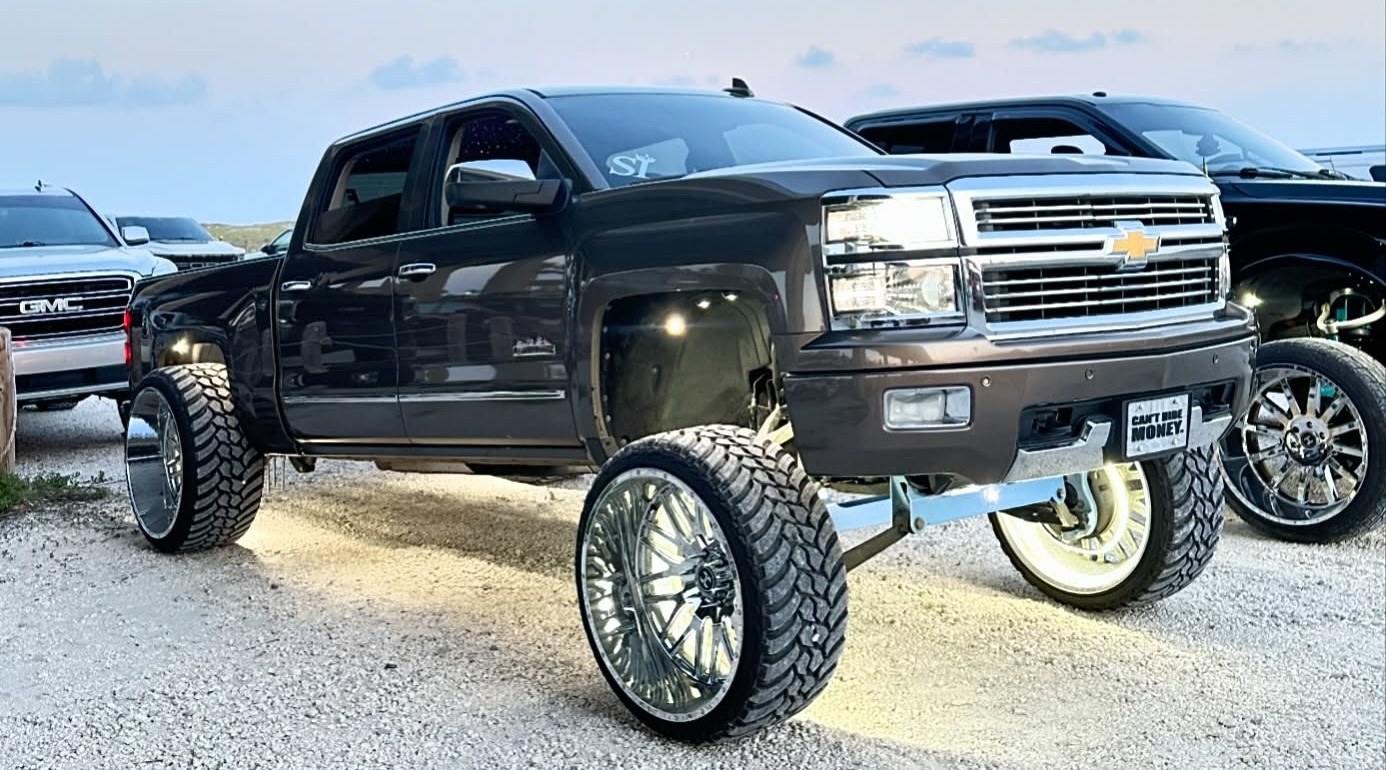HB17, better known as the Squat Truck Law, has been reintroduced in the Alabama Legislature. The proposed bill, introduced by State Rep. Ron Bolton (R-Northport), would ban trucks with a front fender that is more than four inches higher than the rear fender.
Bolton first introduced the bill in 2024.
“It passed the house last year but got caught up in the Senate in the gaming backlog,” said Bolton. The bill was spurred by a public safety concern, he said.
“I initially filed this after a request from a constituent whose son was nearly struck by a squat truck however after I filed the initial bill law enforcement reached out in favor,” he said.
Squatted trucks are created by using a lift kit on the front of a truck or SUV to create a significant downward tilt. Opponents say the modification impairs drivers ability to see in front of the vehicle.
If Bolton’s bill becomes law drivers of squat trucks in Alabama will be subject to fines, but not a license point assignment. Bolton said he amended the bill in committee after speaking to an advocate of squatted trucks.
“After discussion I’ve agreed with advocates from the squat truck community to amend the bill in committee,” he said. “This will eliminate the license point assignment.”
The law would still impose fines as much as $50 for a first offense conviction. A second conviction raises to a maximum penalty of $100, and a third or subsequent conviction, will see a fine of $250.
The bill does stipulate the law would not apply to any “vehicle modification or alteration made for bona fide commercial or agricultural purposes.”
Austin Smith highlights his squatted truck on social media for more than 30,000 followers. Smith opposes the bill, saying driving a squatted truck is not much different than a regular lifted truck.
“I’ve been driving for probably around 300,000 miles over the past five to six years and never had an accident,” he said.
Smith admits if you’ve never driven one, a squatted truck might look different but maintains they are no more dangerous than other vehicles.
“I don’t think we should be allowed to ban something off of one mishap because there’s 1000 mishaps a day with cars almost hitting other cars. There’s 1,000 accidents a day with regular vehicles.
“If you don’t have any statistical proof, I don’t get the need to ban anything.”
Smith said if this bill becomes law it opens the door to more bans.
“If you were to ban squatted trucks, the next thing is going to be lifted trucks and then it’s going to be exhaust and it’s going to be doing any modifications to a vehicle at that point,” said Smith.
“I feel like with Alabama, we should keep it to where we have freedom, more freedom than like California. We always have somewhat more freedom than almost every other state. And that’s what makes Alabama special.”
Currently, Mississippi, Tennessee, North Carolina, South Carolina, and Virginia have passed different versions of the law to prohibit squatted vehicles.
If the Alabama Squat Truck Law is enacted, it would become effective October 1, 2025.













